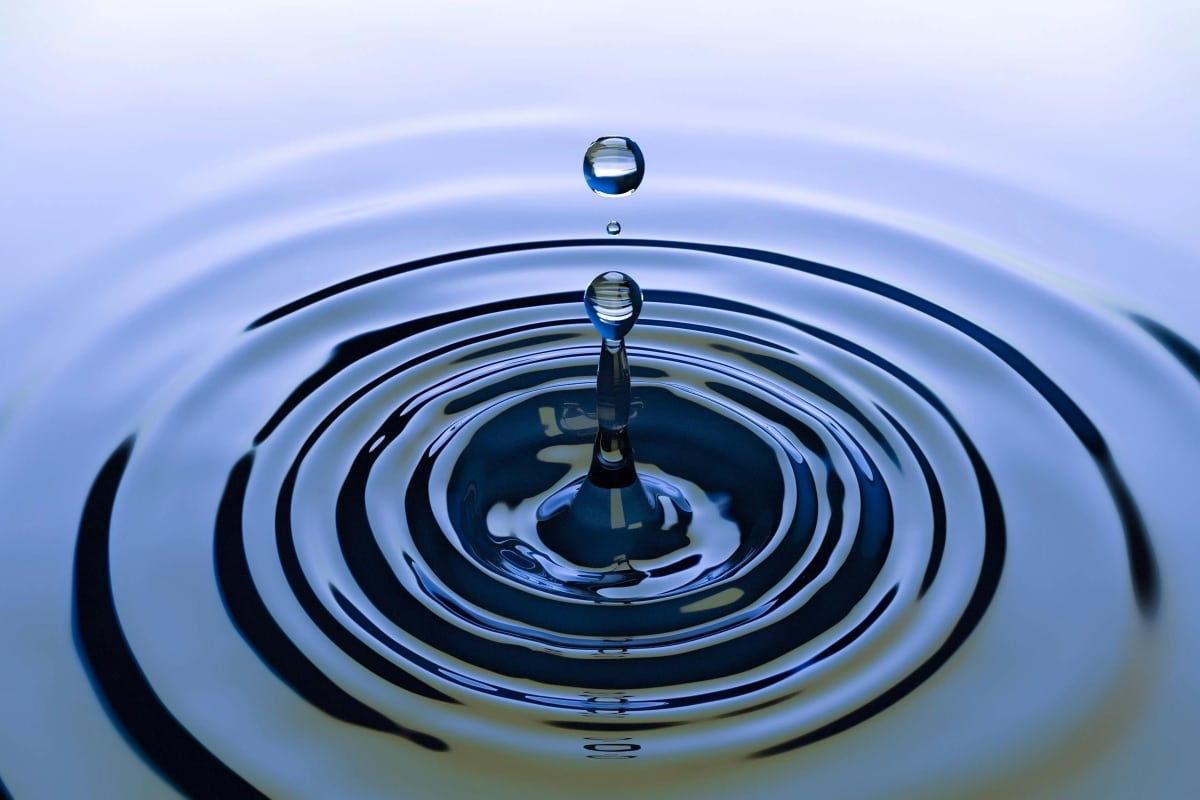
Water cremation, also known as resomation, aquamation and alkaline hydrolysis, is a process to treat a person’s body after they have died. Instead of traditional methods used in burial or fire cremation, water cremation combines water and an alkaline solution to treat the body of the deceased.
Water cremation is a more recent concept in the UK but has gained recognition thanks to its gentler and more environmentally friendly approach. It also gained a lot of interest following the death of Archbishop Desmond Tutu in 2022, who opted for a water cremation for his funeral in South Africa.
What is water cremation?
Water cremation is the process of turning a body into ashes using water. A person’s body is placed in a biodegradable pouch and put inside a large steel compression chamber. The chamber is filled with water and a small amount of alkaline solution (sodium or potassium hydroxide) before being heated to around 160oC. Although the water is heated to a high temperature, the water never boils – this is thanks to the pressurised chamber the body is placed in.
How does water cremation work?
The combination of water, alkali, heat and compression creates conditions similar to the natural decomposition seen in burial, but it rapidly speeds up the process. Traditional burial can take up to 12 years for decomposition to complete – in water cremation the process can take as little as 3-4 hours. Water cremation breaks down the bonds and tissues of the body, and eventually only a person’s bones remain. These can then be turned into ashes or placed in an urn for burial.
Are water cremations more environmentally friendly?
Water cremations are considered one of the most environmentally friendly ways to treat a person who has died, with many people calling it a ‘green cremation’. Resomation, a UK-based company pioneering water cremation technology across the world, have cited some of the main reasons why water cremation is the most environmentally friendly funeral…
- Water cremation typically uses less than one fifth of the energy from gas or electricity than traditional fire cremation. This gives it a much smaller carbon footprint than fire cremation, with less harmful gases and toxins being released into the atmosphere.
- Compared to traditional burial, no embalming chemicals are leached into the ground, which protects groundwater and soil from toxins. Unlike burial, it also doesn’t require access to land.
- Pacemakers, prosthetics and other medical devices don’t need to be surgically removed or burned and can simply be removed after cremation has taken place.
- Water cremation prevents mercury emissions, found in dental fillings, from being released into the earth or atmosphere.
- Water cremation negates the need for a coffin (dependent on the type of funeral you choose).
This makes it a suitable funeral for anyone seeking a gentler approach to their funeral, or who wants to ensure the choices they make in death don’t negatively impact the environment.
Can I arrange a water cremation in the UK?
At present, there are no crematoria offering water cremation in the UK, however it is just a matter of time before water cremations become available. They are currently available in Ireland, USA, Canada and South Africa. The UK-based company, Kindly Earth, is set to partner with Resomation to launch water cremation in the UK later this year, making it a very real option for funerals of the future.
If you are recently bereaved and would like to find out how our team can support you, you can contact our friendly and supportive team on 01525 372210. You can also use our contact form to send us an email, or arrange an appointment using our handy booking tool. We are here to support you in your time of need.



